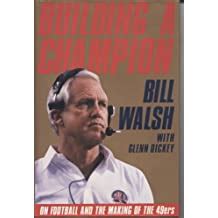A Quote by Bill Walsh
I'm not one of those "omg texting kids rite bad" alarmists. I just think there's an interesting nexus where the Internet itself hastened language change when it comes to Internet terms.
Related Quotes
I don't actually think of the internet as the bad guy. I think of the internet as doing a hell of a lot of wonderful, fascinating, interesting things. A lot of information that's exchanged on the internet is extremely useful, and every once in a while it percolates up to knowledge. Wisdom is far harder to come by.
The Internet goes doot-doot-doot - it goes sideways. There's nothing hierarchical about it. And the best thing about it is also the worst thing about it, which is there are no gatekeepers on the Internet. Consequently, there's a whole lot of bad information on the Internet. But I think that sorts itself out over time.
When I was your age, we didn't have the Internet in our pants. We didn't even have the Internet not in our pants. That's how bad it was. I know I sound like my grandfather right now. We didn't have teeth! There were no questions marks, we just had words! What was I talking about? The Internet...Not only can you not plan the impact you're going to have, you often won't recognize it when you're having it.
I think that the Internet is going to effect the most profound change on the entertainment industries combined. And we're all gonna be tuning into the most popular Internet show in the world, which will be coming from some place in Des Moines. We're all gonna lose our jobs. We're all gonna be on the Internet trying to find an audience.
I just the other day got, an internet was sent by my staff at 10 o'clock in the morning on Friday and I just got it yesterday. Why? Because it got tangled up with all these things going on the internet commercially... They want to deliver vast amounts of information over the internet. And again, the internet is not something you just dump something on. It's not a truck. It's a series of tubes.


































